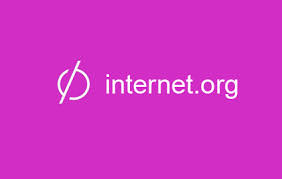Mark Zuckerberg’s plan for world domination is in trouble.
The billionaire Facebook founder recently took to his social network in a bid to save Internet.org, his plan to give billions of the planet’s poorest people a limited taste of the World Wide Web.
“We have a historic opportunity ahead of us to improve the lives of billions of people,” he said in an impassioned video plea. “It’s just the right thing to do.”
Internet.org is essentially a mobile application that provides free access to a handful of other applications, platforms and websites, including Facebook, Wikipedia and the BBC. Use of Internet.org comes at no cost; local carriers stream data via the service for free.
As apps go this might seem well and good but Zuckerberg sees Internet.org as far more than an app. If things proceed as planned, it will represent the entity of the Internet for a significant proportion of the world’s population.
And that’s the problem because Internet.org isn’t the Internet. It’s an enclosed digital domain that doesn’t benefit the poor so much as it pads Facebook’s bottom line. Imagine the benefits of a billion new subscribers for a company whose business is built on harvesting user data.
As Facebook pushes Internet.org from continent to continent, backlash against the effort has also spread.
From India to Indonesia, Brazil and Africa
The plan ran aground in India last month as local Net Neutrality supporters saw Internet.org as a violation of the open Internet. They rallied Indian activists and pressured mobile phone services to abandon the Facebook partnership. Severalprominent partners withdrew from the program, citing concerns about Facebook’s gatekeeper approach.

